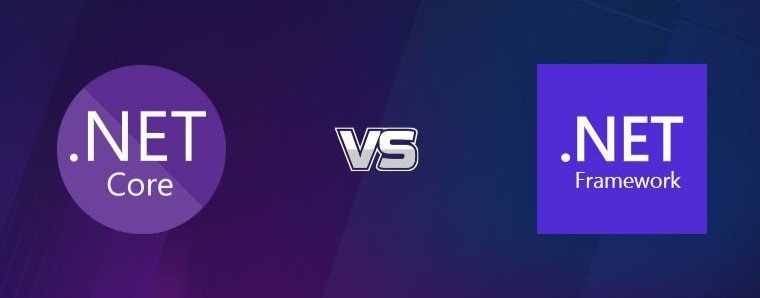.NET Framework vs .NET Core: Understanding the Differences
The .NET ecosystem offers developers a powerful platform for building a wide range of applications. Two popular frameworks within this ecosystem are the .NET Framework and .NET Core. While they share similarities, there are key differences that developers should be aware of.
Table of Contents
- Introduction
- Runtime and Class Libraries
- 1.1 The .NET Framework
- 1.2 .NET Core
- Advantages and Use Cases
- 2.1 The .NET Framework
- 2.2 .NET Core
- ASP.NET and Entity Framework
- 3.1 ASP.NET
- 3.2 Entity Framework
- Conclusion
1. Runtime and Class Libraries
The .NET Framework is a mature framework that has been around for many years. It relies on the Common Language Runtime (CLR) to execute code and provides a comprehensive set of class libraries. These libraries cover a wide range of functionality, making it easy for developers to build complex applications.
In contrast, .NET Core is a cross-platform framework that was introduced to address the limitations of the .NET Framework. It uses the CoreCLR runtime and a subset of the class libraries from the .NET Framework. This makes it lightweight and allows it to run on different operating systems.
2. Advantages and Use Cases
The .NET Framework is well-suited for building Windows desktop applications, web applications using ASP.NET, and enterprise-level applications. It offers a rich set of features and has extensive support from Microsoft and the developer community.
.NET Core, on the other hand, is ideal for building cross-platform applications that can run on Windows, Linux, and macOS. It is lightweight, modular, and designed for modern application development. It is often used for building microservices, cloud-native applications, and containerized applications.
3. ASP.NET and Entity Framework
Both the .NET Framework and .NET Core support ASP.NET, a powerful web application framework. ASP.NET allows developers to build web applications using various programming models, such as MVC and Web API. It provides a robust set of tools and libraries for building scalable and secure web applications.
Entity Framework is an object-relational mapping (ORM) framework that simplifies database access in .NET applications. It is available for both the .NET Framework and .NET Core, allowing developers to work with databases using a high-level abstraction.
In conclusion, the .NET ecosystem offers developers a range of tools and frameworks to build applications. Understanding the differences between the .NET Framework and .NET Core is crucial for choosing the right framework for your project. Consider factors such as runtime, class libraries, advantages, and use cases to make an informed decision.
Conclusion
In conclusion, while the .NET Framework offers a mature and feature-rich platform suitable for traditional Windows applications and web development, .NET Core stands out for its lightweight, cross-platform capabilities, making it ideal for modern, cloud-native applications. Both frameworks support essential technologies like ASP.NET and Entity Framework, empowering developers to create scalable, secure, and high-performance applications tailored to their specific needs. Understanding the differences between .NET Framework and .NET Core is crucial for choosing the right framework for your project, ensuring optimal performance and compatibility across different platforms.
